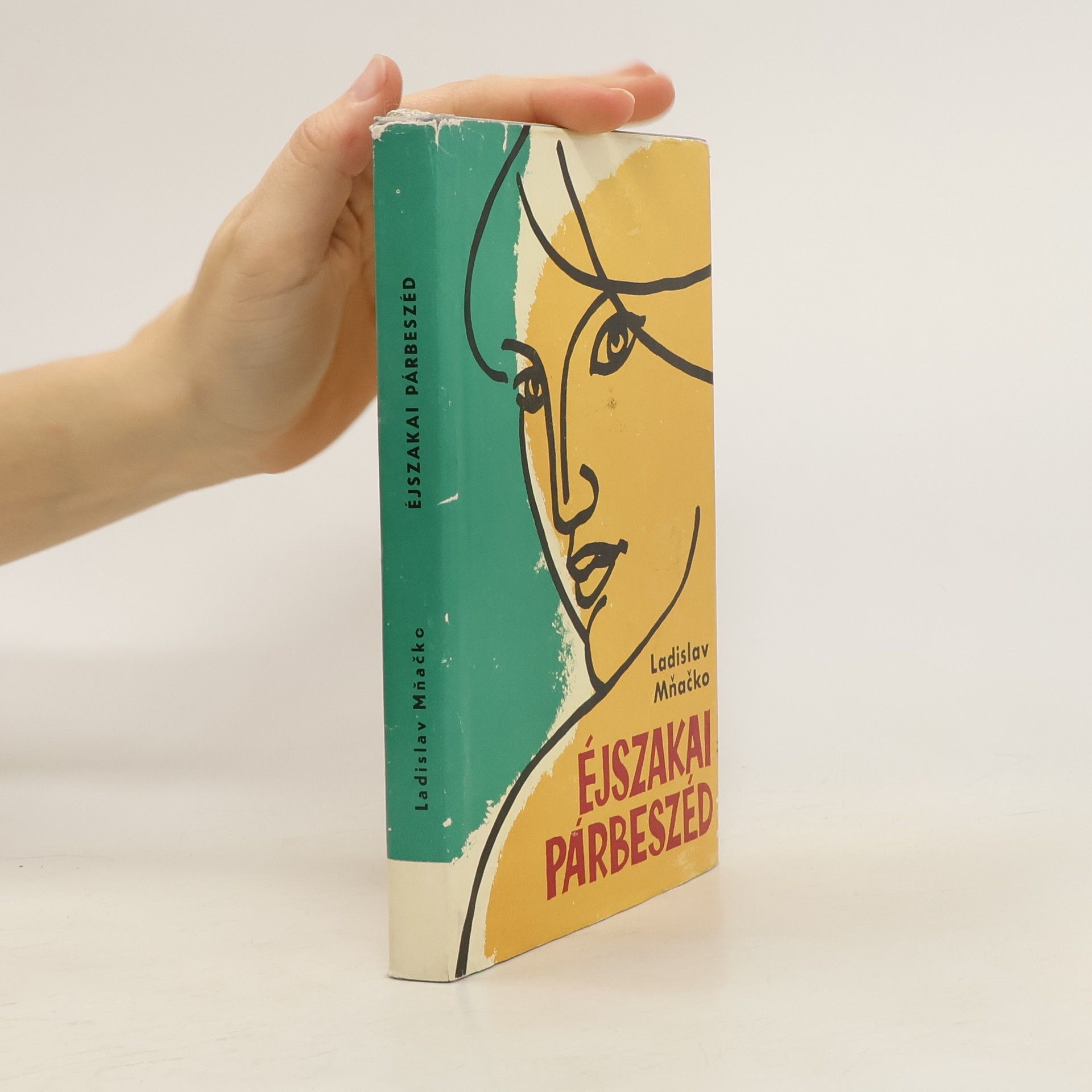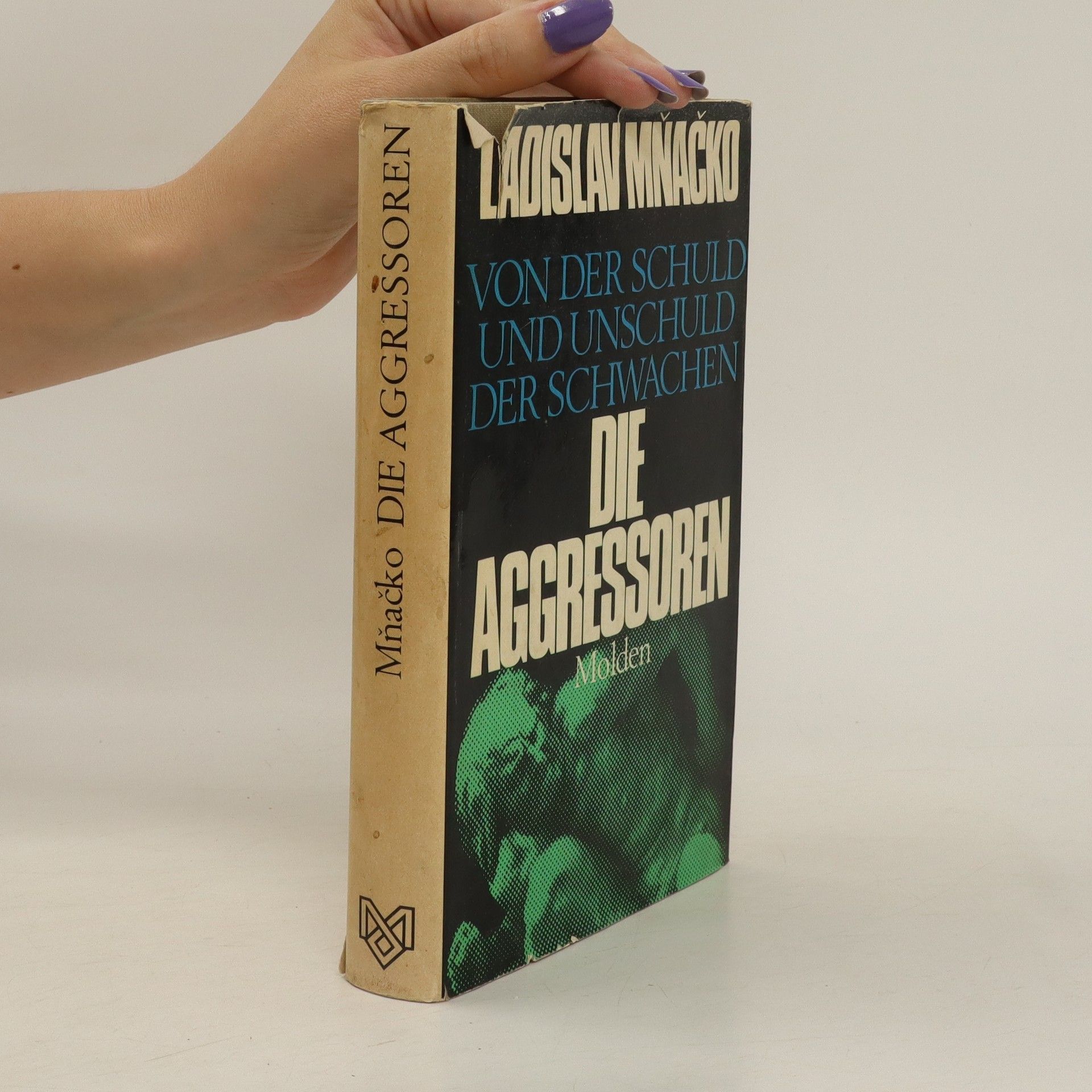Ladislav Mňačko Books
January 29, 1919 – February 24, 1994
Ladislav Mňačko was a Slovak writer of Moravian origin and a versatile publicist. The most translated Slovak writer – his books have been published in 26 languages.

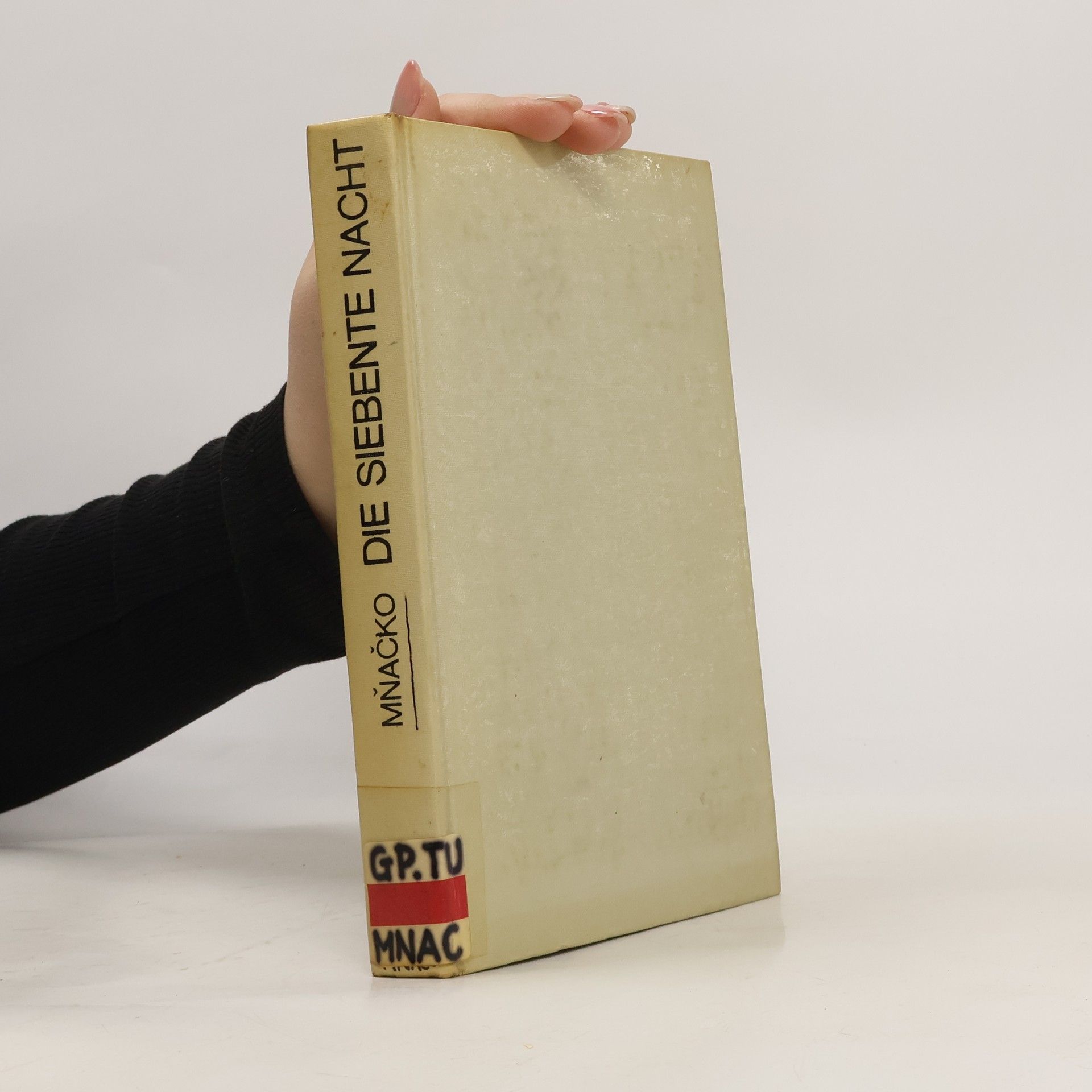

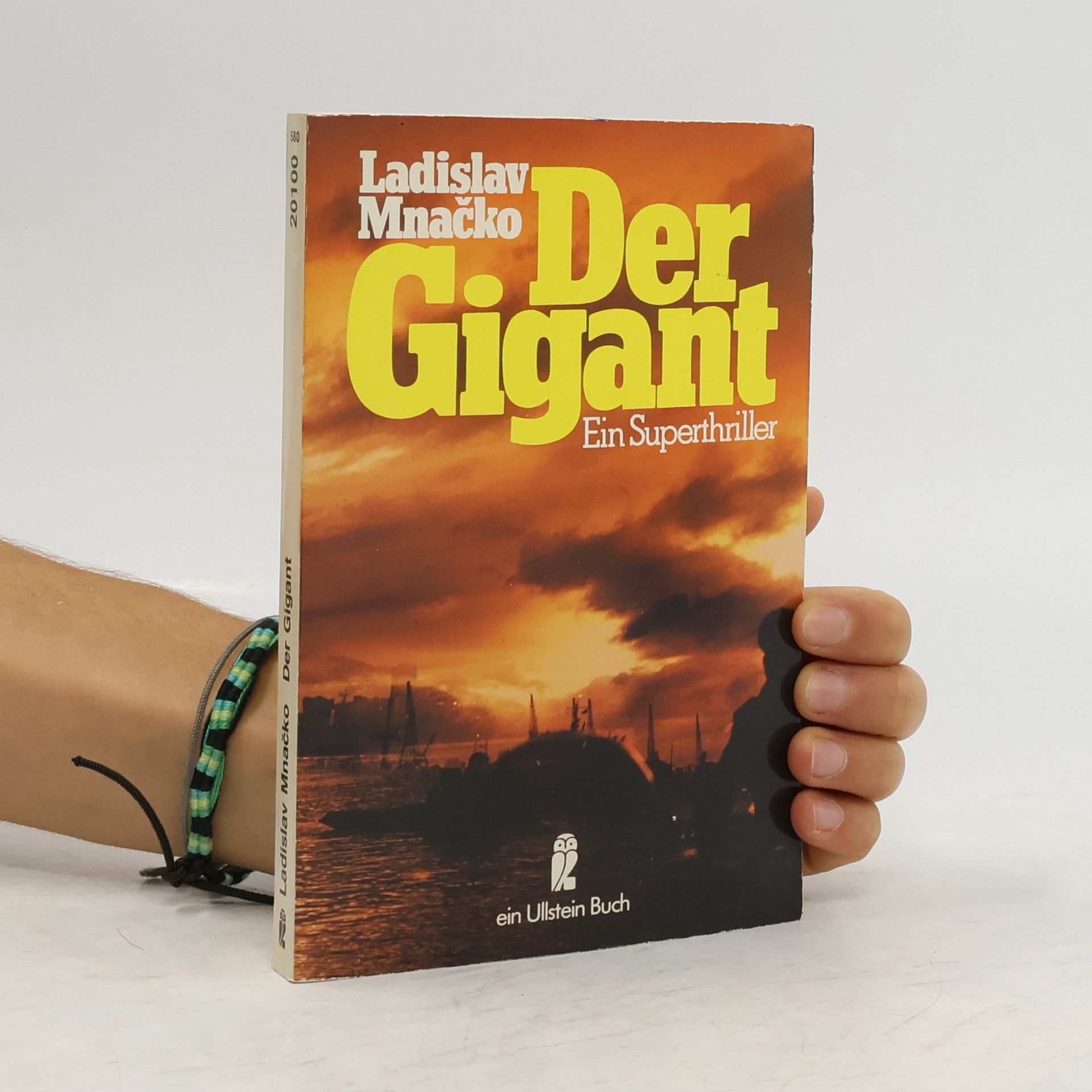
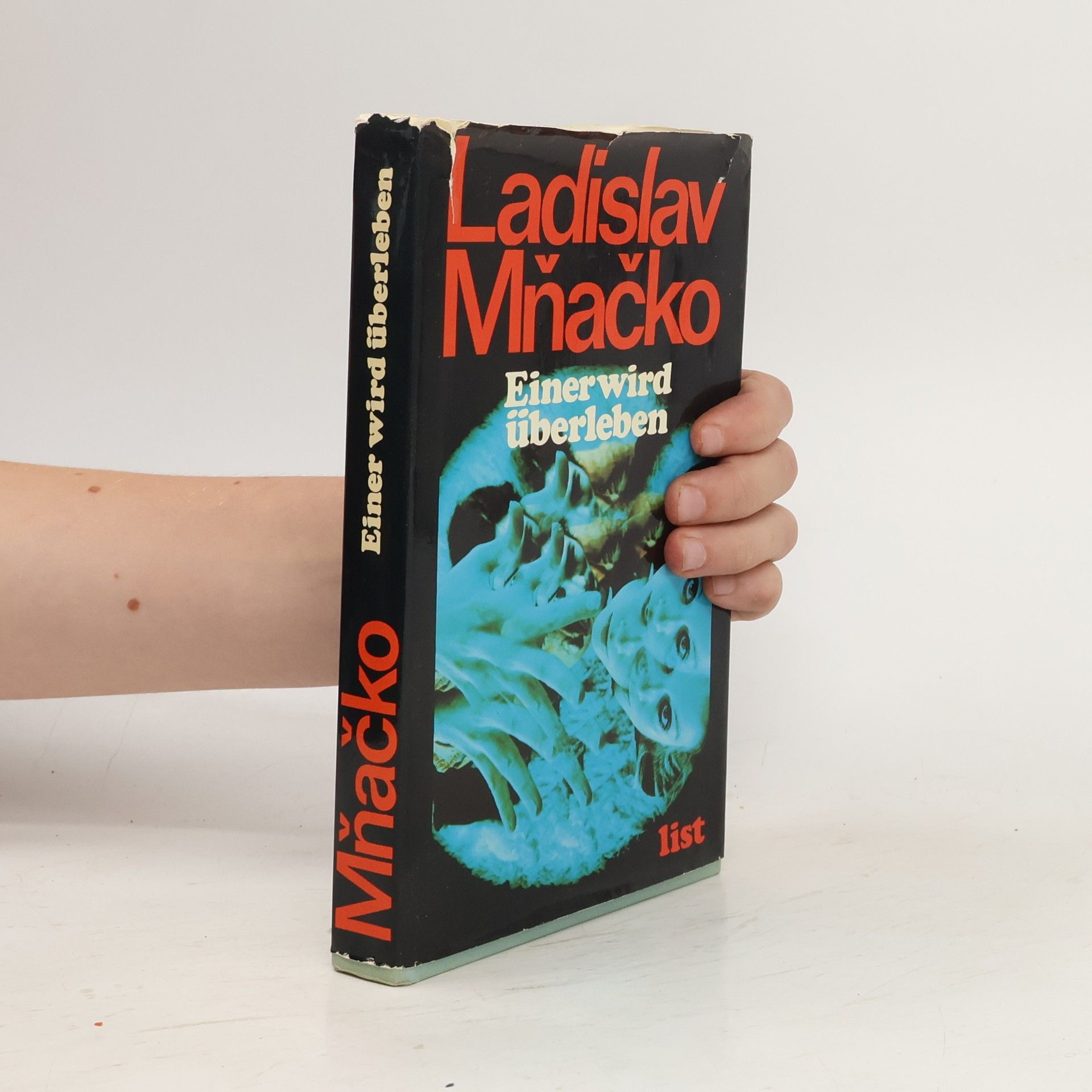
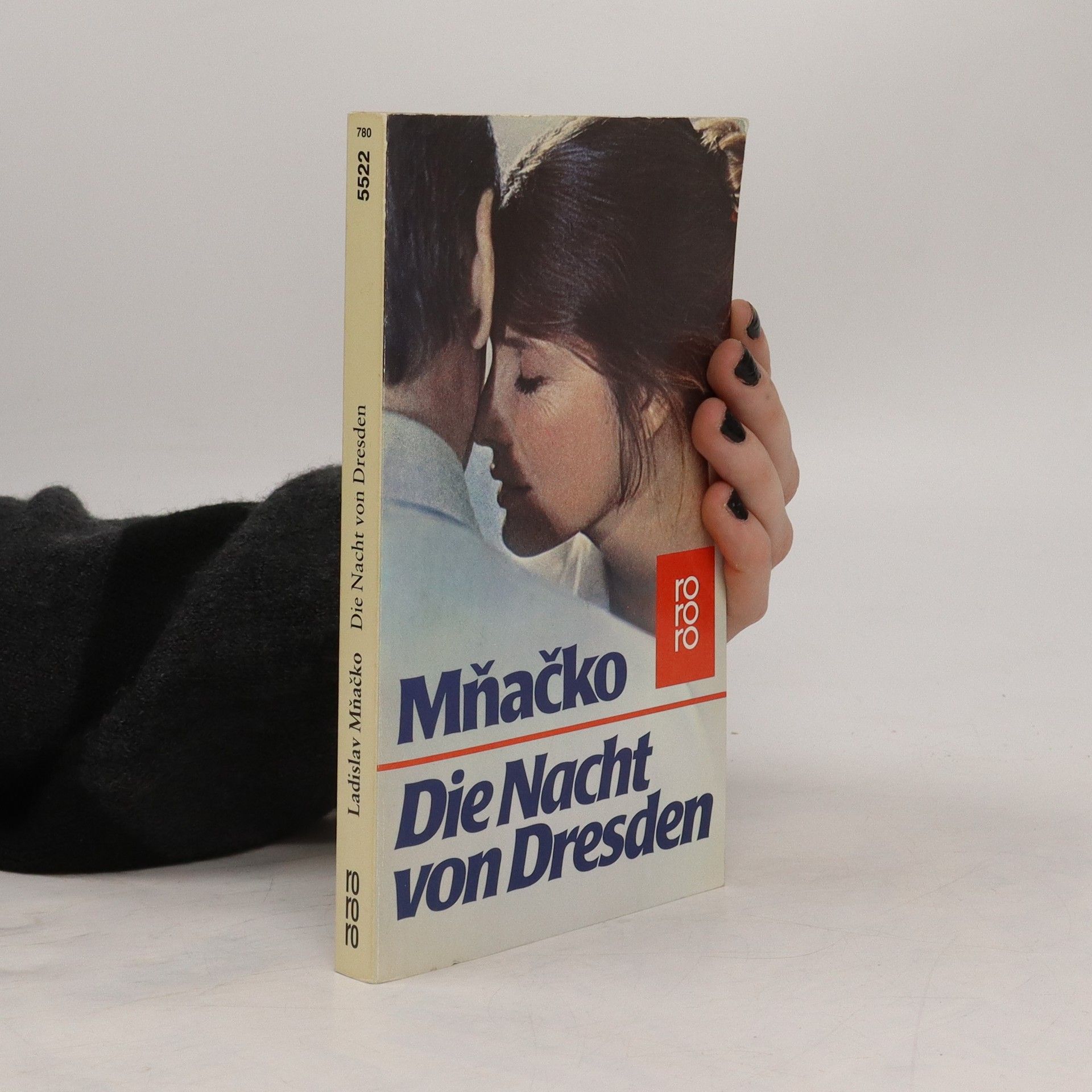
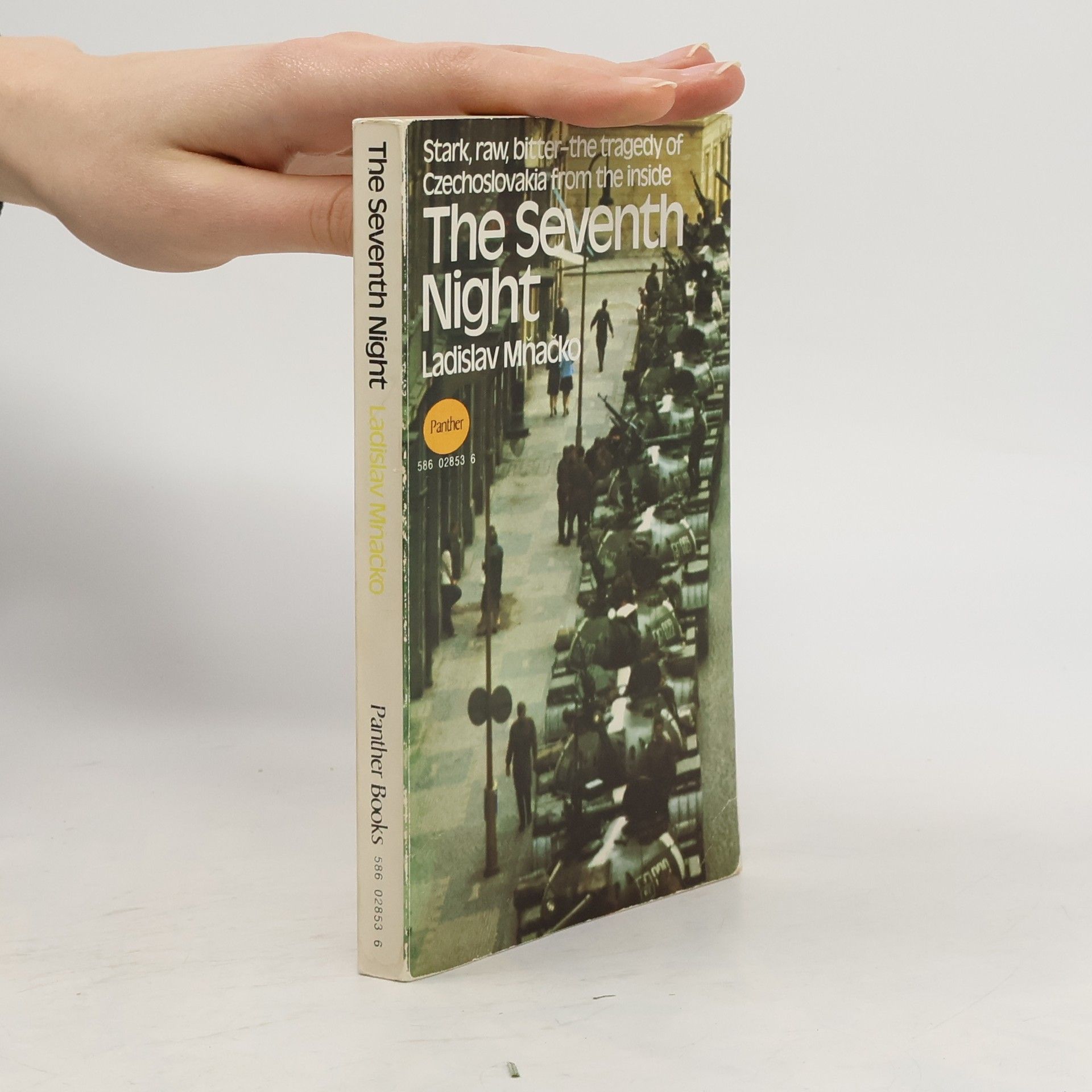
German
Genosse Münchhausen
- 219 pages
- 8 hours of reading
